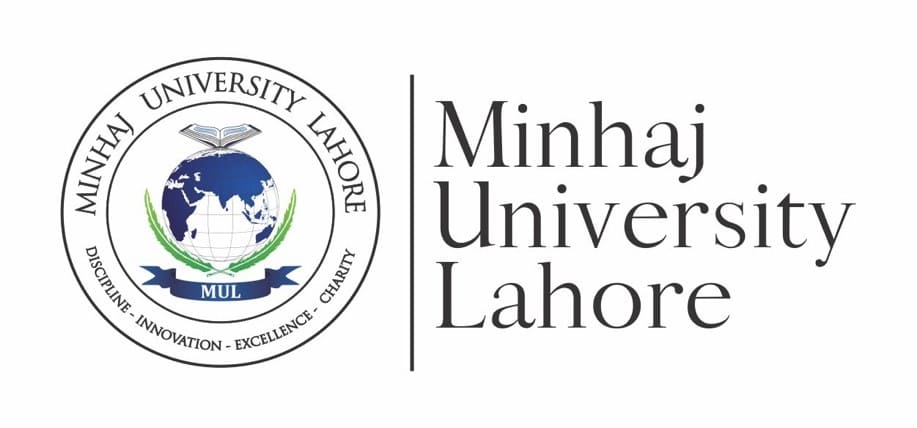Economic System of Islām as a Panacea to Economic Recession in Nigeria
DOI:
https://doi.org/10.58932/MULD0022Keywords:
Economic Recession, Islamic Economic System, Sharī῾ah, Isrāf, AgricultureAbstract
The National Bureau of statistics in July 2016 officially announced that Nigeria has entered into a recession, its first in 29 years. According to the data provided by the World Bank, the most recent time that the nation saw such a significant instance of economic downturn was while Ibrahim Babangida was in power. During that time period, the economy of Nigeria had a decline of 0.51% in the first quarter of 1987 and 0.82% in the second quarter of the same year. The disaggregation of the results for 2016 into its individual quarters revealed the sharpest decline, which was 2.4 percent, and a turning point after that. This is going by the manifestation of economic hardships experienced by the populace, even up to this moment. In point of fact, Nigeria's economy went from a level of economic buoyancy to a level of economic recession in the second quarter of 2016, and it has maintained negative growths in all quarters of that year up to 2017. This downward trend is expected to continue throughout 2017. In a bid to cushion the effect of this situation, the government in the short and medium terms took some measures (policies and reforms) to reverse the recession and put it on the path of growth reliance. In spite of these encouraging developments and despite the fact that it has been two years since the National Bureau of Statistics (NBS) officially declared that Nigeria had emerged from recession in its quarterly report on the country's Gross Domestic Product (GDP), the country's economic situation is still difficult, particularly with regard to the continued high cost of food. For a long-term solution, this paper, therefore, examines some measures of Islamic economic system, which is recession proof, due to the fact that it is basically premised on the fundamental sources of Islam, Sharī῾ah. The paper concludes that if these measures are taken into consideration by the government, it will not only lift the economy out of its current phase but will also guarantee a secure economy. The paper adopts analytical research methods, using majorly secondary data collection.
References
Adeniran, A. O. (2016). Nigerian economic recession: Emphasis on sound transport policy. Developing country studies, 6, 48-54.
Adeniran, A. O., & Sidiq, B. O. (2018). Economic recession and the way-out: Nigeria as case study. Global Journal of Human Social Science, 18(1), 181-192.
Afimia, E. (2017). Nigeria's economic recession of 2016. University of Ibadan, Nigeria.
Ahmad, S. A. (1958). Economics of Islam (A Comparative Study), Lahore, India: Sh. Muhammad Ashraf, 36.
Al-Jarhi, Mabid, (2015). "Islamic economic system as an alternative." A Journal of Applied Economics and Policy 34, no. 59-72.
Balogun, Rasheed A. (2014). "The role of Islamic banking in Nigeria’s economic development." European Journal of Business and Management 6, no. 23 18-28.
Cyril, G. (1965). The Encyclopedia of Islām, Netherlands: Leiden.
Fahm, A. G. O., & Yussuf, I. O. (2020). Critical Assessment of Isrāf (Wastefulness) on Socio-Religious Activities of Muslims in Mushin, Lagos State. Journal of Islamic and Religious Studies, 5(2), 15-32.
Friday, O., & Chika, E. A. (2019). The effect of Recession on Nigerian Families and Expected ways out for individual families. International Journal of Academic and Applied Research (IJAAR), 3(4).
Haqq, I., (1996) Economic Doctrines of Islam, International Institute of Islamic Thought, USA, 54.
Hasan, Zubair, (2011) "Islamic banking at the crossroads: theory versus practice." MPRA Paper No. 35281.
Hassan, H., (1992). Economic Teachings of the Holy Qur’an (ed.) Islam and the Contemporary Economic Problems, Usman Dan Fodiyo University Press, Sokoto, 34.
Hassan, M. K., Saraç, M., & Alam, A. W. (2020). Circular economy, sustainable development, and the role of Islamic finance. Islamic Perspective for Sustainable Financial System, Istanbul University Press, Istanbul, 1-26.
Imhonopi, D., & Urim, U. M. (2012). Nigeria’s expensive democracy: A confederal option for development. The Journal of Sustainable Development in Africa, 14(7), 70-80.
Iqbal, Munawar, and Philip Molyneux. (2016) "Thirty Years of Islamic Banking: History, Performance, and Prospects." Review of Finance 20, no. 6, 2429-2469.
Ishaque, K. M. (1983). The Islamic Approach to Economic Development. Oxford: Oxford University Press.
Izuchukwu, O. O. (2011). Analysis of the contribution of agricultural sector on the Nigerian economic development. World review of business research, 1(1), 191-200.
Khan, M. A. (1994). An Introduction to Islamic Economics, International Institute of Islamic Thought and Institute of Policy Studies, Islamabad, 87.
Majeed, A. (2016). Enhancing Food Security in the Era of Information and Communications Technology in the Muslim World. in Shaikh Mohd Saifuddeen Shaikh Mohammed Salleh et.al. (eds), Food and Technological Progress: An Islamic Perspective. Kuala Lumpur: MPH Group Printing.
Okeke, M. I., & Eme, O. I. (2015). Cost of Governance and its Implication on Nigeria’s Economy. Kuwait Chapter of the Arabian Journal of Business and Management Review, 4(5), 44.
Rahman, M. H., (2018). “Mudarabah and its application in islamic finance” Asian Journal of Research in Banking and Finance, 8(6), 33-46.
Siddiqi, Mohammad Nejatullah, (1995). "Islamic economics: ideology, nature, and methodology." JKAU: Islamic Econ. 8, no. 13-18.
Usmani, T. I. (2006) Islamic Finance – Musharakah & Mudarabah. Darul Uloom. Jamia Darul Uloom, 67.
Downloads
Published
How to Cite
Issue
Section
License
Copyright (c) 2024 Dr. Sanni Mukaila Akanni, Dr. Mubin Olatoye Raji

This work is licensed under a Creative Commons Attribution-NonCommercial 4.0 International License.









